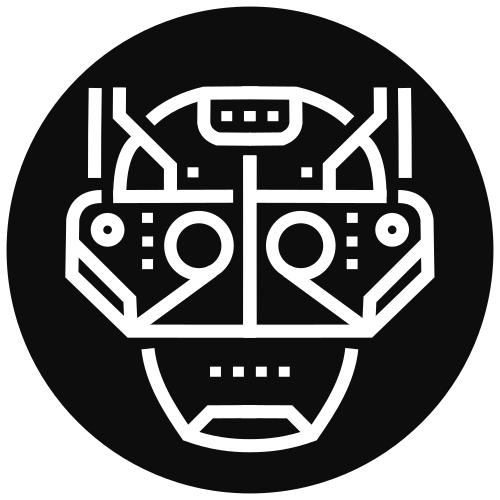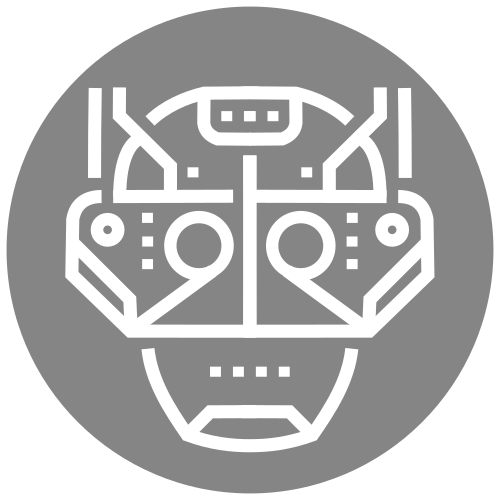- cross-posted to:
- [email protected]
- [email protected]
- cross-posted to:
- [email protected]
- [email protected]
In this report, we examine the future of voting and the possibility of conducting secure elections online. Specifically, we explore whether End-to-End Verifiable Internet Voting (E2E-VIV) systems are a viable and responsible alternative to traditional election systems.
This report contains the most complete set of requirements to date that must be satisfied by any Internet voting system used in public elections. Developed by a team of experts in election integrity, election administration, high-assurance engineering, and cryptography, the report starts from the premise that public elections in the U.S. are a matter of national security.
I think a utxo blockchain makes perfect sense as an application for this homomorphic encryption technology for use in democratic voting, and subsequent verification, and security of the vote (to protect the voter from intimidation after the fact).
In my opinion, the main problem behind blockchain voting comes when a centralized power (like the US for example) wants to understandably use their own national currency in CBDC form (digital currency) as the oil in that machine. It’s a dilemma because decentralized, open source technologies must be used for a system like this to truly be secure and independently-verified.

